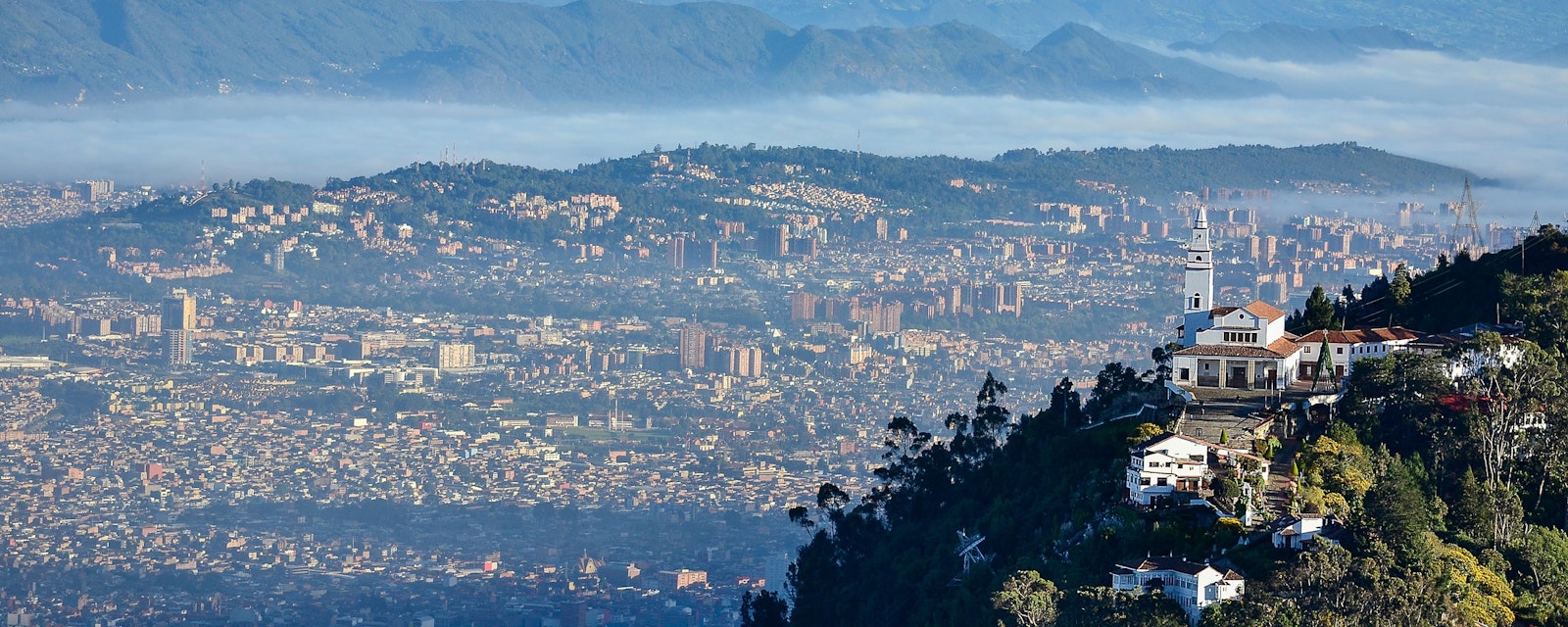This week, Colombia’s government will use Easter to twist legislative arms in the (probably forlorn) hope of keeping its reform agenda undiluted. Mexico’s election watchdog appears to have dodged an out-and-out power grab. In Ecuador, the next stage of the impeachment process against President Guillermo Lasso gets underway. Chile’s security problems are causing headaches for the governing coalition. Finally, an impeachment motion against Peru’s President Dina Boluarte is unlikely to advance but its sponsors will see it as part of a campaign of attrition against an unpopular government.
Colombia
The government plans to use the next few days to build support for its health reform, the first of three major legislative bills that President Gustavo Petro wants to pass this year (the others being labor and pension reforms). Three crucial members of the governing coalition, the Liberals, the Conservatives, and the “U” party, have all withdrawn their support for the health reform bill, while another coalition member, the Greens, is divided over the proposal. Rather than dilute the reform, Petro together with his health minister Carolina Corcho, who is from the radical end of the coalition, will now try and win over individual legislators. However, this looks like an uphill battle, especially as parties can oblige their representatives to vote as a bloc.
In parallel, the government’s difficulties are increasingly apparent in the incipient peace process with the National Liberation Army (ELN) following an attack last week against a military unit in which nine soldiers were killed. The incident puts the government under pressure to get the ELN to de-escalate and/or agree to a ceasefire soon; Petro may push to bring forward the next round of peace talks starting in May, though persuading the ELN to do so will be very difficult. The ELN will be fully aware that Petro cannot afford to abandon his ambitious “total peace” plan, especially as relations with the Clan del Golfo, a drug trafficking organization built on paramilitary structures that Petro wants to demobilize, have also deteriorated.
Mexico
The National Electoral Institute (INE), the election watchdog that has been the subject of an intense political tussle over recent months, will officially have a new leader from tomorrow, 4 April. The terms of four (out of 11) INE board members (including its president Lorenzo Cordova) expire today. Having failed to get controversial electoral reforms passed – and with even its diluted reforms subject to a judicial freeze – the government has tried to secure the election of loyalists in a bid to gain control over the INE. After Congress failed to agree on who should replace the INE’s outgoing board members, the candidates were selected by the drawing of lots late last week. The new leader, Guadalupe Taddei, has extensive election-related experience but her family has links to the National Regeneration Movement (Morena). Even so, the government’s “Trojan Horse” candidate, Bertha Alcalde, did not get selected. Another incoming board member has links to Interior Minister (and presidential hopeful) Adan Augusto Lopez. However, on balance, the results fell short of the out-and-out power grab that many had feared from the government.
Ecuador
The impeachment case against President Guillermo Lasso goes to the National Assembly (AN)’s audit and oversight committee today, 3 April, having obtained Constitutional Court approval last week. The committee will have 30 days to examine the embezzlement case and produce a final recommendation. A plenary vote involving a two-thirds majority would be needed to seal Lasso’s impeachment; Lasso’s coalition numbers just 24 out of 137 in the AN. Lasso has the option of activating the mechanism known as “mutual death” (“muerte cruzada”), under which the AN would be dissolved and fresh elections – both presidential and legislative – would be called. Lasso has not ruled out triggering muerte cruzada but implied in an interview yesterday, 2 April, that he would let the impeachment process advance before considering this route, which he conceded would most likely benefit his main political enemy, the Union for Hope (UNES) coalition loyal to former president Rafael Correa (2007-2017).
Chile
A bill that would empower police officers to defend themselves with force that was passed on 29 March in the lower house goes to the Senate this week. The bill is significant because of the strains it is causing within the governing coalition, whose more radical elements were once highly critical of the police, justified the use of violence against the state during the major unrest of 2019, and repeatedly voted against tougher security laws under the previous government. However, increasing levels of crime and the killing of two police officers in less than a fortnight during March has propelled policing and security to the top of the public agenda, much to President Gabriel Boric’s political discomfort. The left-wing Apruebo Dignidad pillar of the governing coalition, from which Boric hails, is especially reluctant to be seen rowing back on its historic principles (and siding with parties from the Right) so close to the 7 May election of the Constitutional Council, the body that will write the new constitution.
Peru
Congress is expected to decide this week whether to admit an impeachment motion against President Dina Boluarte. The motion, which was filed in January, accuses Boluarte of “permanent moral incapacity” over the deaths of dozens of people during protests against her government in December 2022 and into this year. To admit the motion, the backing of 40% of Congress (52 votes) are required. However, the left-wing parties that are pushing impeachment cannot muster this level of votes, let alone the 87 votes needed to impeach. The left-wing opposition to Boluarte will instead hope to weaken Boluarte and gain public support against the right-wing parties that support the status quo and blocked previous attempts to bring elections forward. The investigation into illegal campaign financing that the Attorney-General’s office opened last week against Boluarte may prove to be more of a threat than this impeachment attempt.




